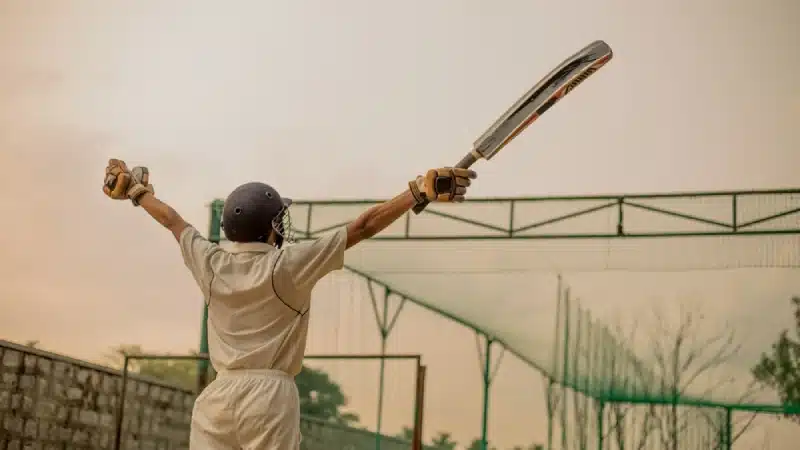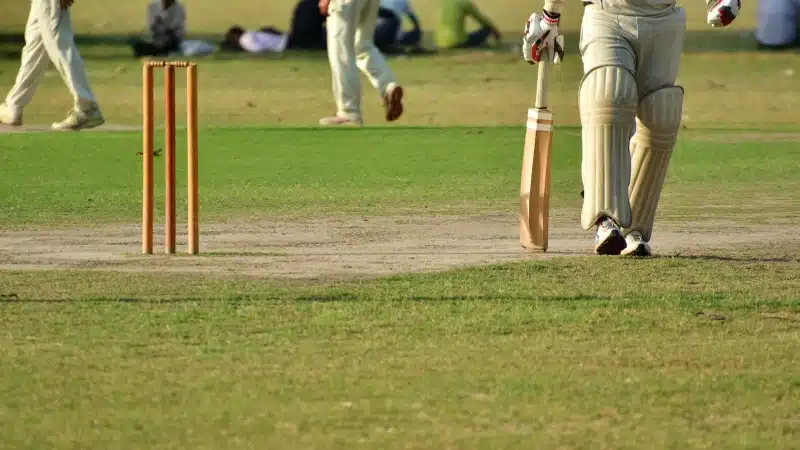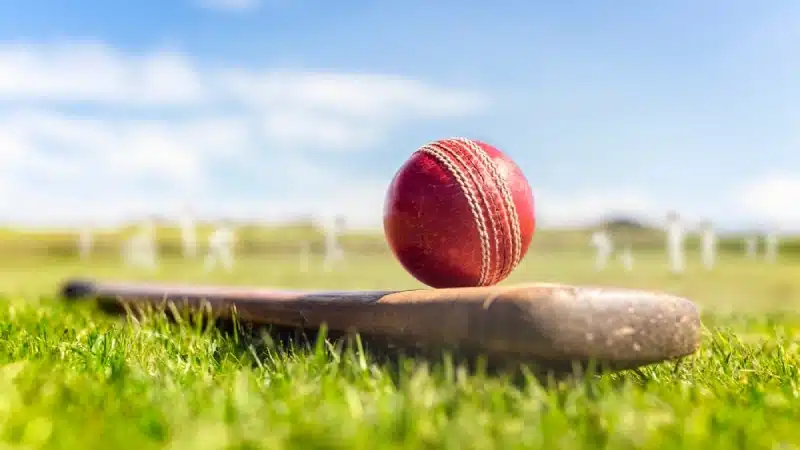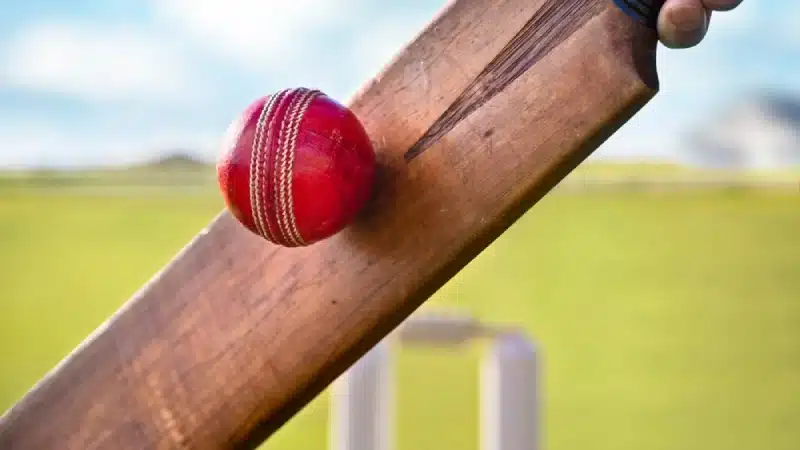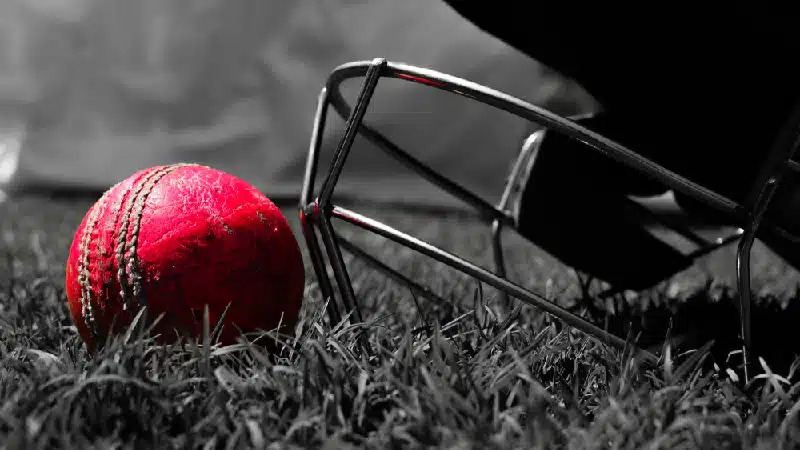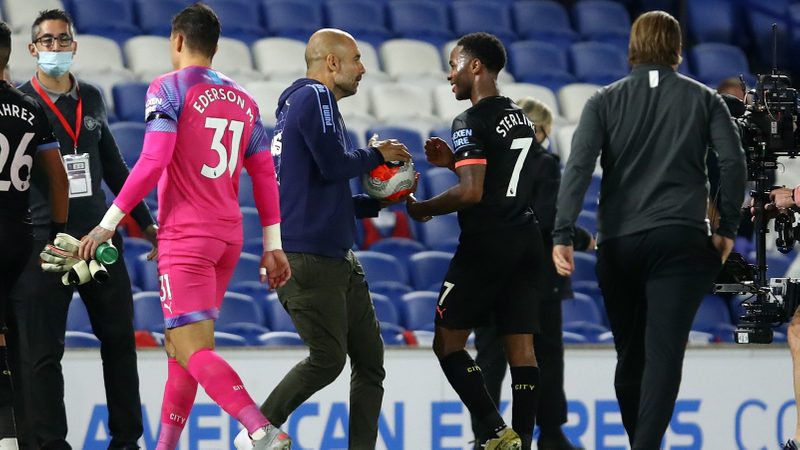
Manchester City's Abu-Dhabi project and the future of UEFA's financial fair play (FFP) rules face a pivotal day on Monday when the Court of Arbitration for Sport delivers its verdict on City's appeal against a two-season ban from European competitions.
The stakes could not be higher for the English side, who have always strongly denied any wrongdoing over allegations they deliberately inflated the value of income from sponsors with links to the Abu Dhabi United Group, also owned by City owner Sheikh Mansour, to avoid falling foul of FFP regulations between 2012 and 2016.
In February, UEFA imposed a fine of 30 million euros ($32 million, £25 million) on City as well as suspending them from European competitions for the next two seasons.
Since Sheikh Mansour's takeover 12 years ago, City's fortunes have been transformed from perennially living in the shadow of local rivals Manchester United to winning four Premier League titles in the past eight years among 11 major trophies.
Yet the prize that has eluded them is the one the Abu Dhabi project most desires - the Champions League.
- Guardiola's last shot? -
No matter the outcome on Monday, City will have the chance to do so in August as they resume their Champions League campaign with a 2-1 lead over Real Madrid from the first leg of their last 16 tie.
That could be the last chance for some of City's biggest names to win the Champions League for the club as a two-year ban would have severe consequences for the club's finances.
Manager Pep Guardiola's contract runs until the end of the 2020/21 season and the Catalan is unlikely to still be in charge in two years' time.
Star players such as Kevin De Bruyne and Raheem Sterling are also unlikely to want to waste two of their peak years without Champions League football.
"Two years would be long. One year is something I might be able to cope with," De Bruyne told Het Laatste Nieuws in June.
It would still take huge fees from rival clubs to tempt City to sell, but they may be forced to downsize to gain re-entry to the Champions League even after any ban is over.
City made 93 million euros from UEFA prize money and TV rights from last season's Champions League, with gate receipts and extra sponsorship revenue from Europe's premier club competition added to that tally.
It would be almost impossible for the club to lose that level of revenue for two years and remain FFP-compliant without cutting costs on transfer fees and wages, or selling players.
- Man Utd to benefit? -
Even more painfully for City, Manchester United could be one of the major beneficiaries of their exclusion.
City are comfortably second in the Premier League table, but if they are banned, fifth will be good enough to qualify for the Champions League.
United are currently in fifth with Chelsea or Leicester the other sides likely to profit. The likes of Arsenal and Tottenham could also look to benefit next season if City's ban is upheld in full.
Losing such a high-profile case would also cause major embarrassment to the legacy of the City project.
It is no secret that one of the major motivations behind the billions invested is to promote a positive image of Abu Dhabi around the world.
That image will for some be forever tarnished if City are found not only to have flouted FFP, but deliberately misled UEFA in doing so. But the stakes are also high for European football's governing body.
Qatari-owned Paris Saint-Germain have already successfully won an appeal at CAS against UEFA reopening a FFP investigation into the French champions.
The system which limits clubs to not losing more than 30 million euros with exceptions for some costs such as youth development and women's teams over a three-year period has helped cut debt across European football.
But its detractors point to the fact it maintains the status quo with traditional giants like Barcelona, Real Madrid and Bayern Munich always enjoying bigger budgets thanks to their large global fanbases.
Should UEFA lose another case, questions will be asked over how effectively FFP can ever be enforced at the highest level of the game.
Feature image courtesy: AFP / Julian Finney












